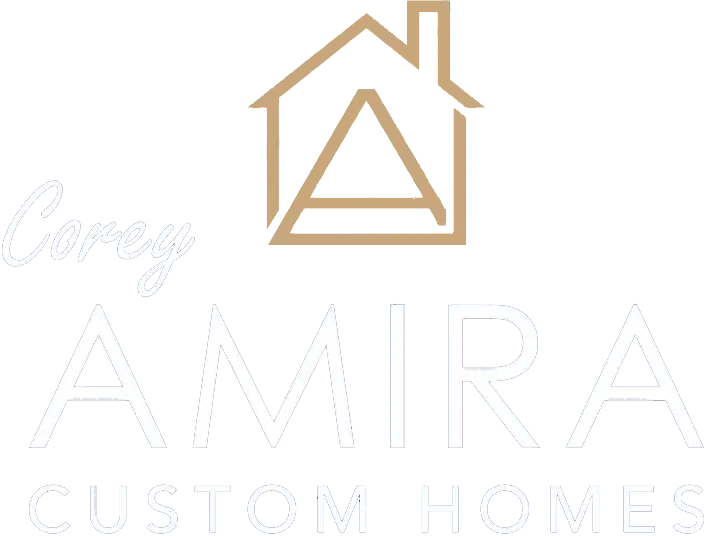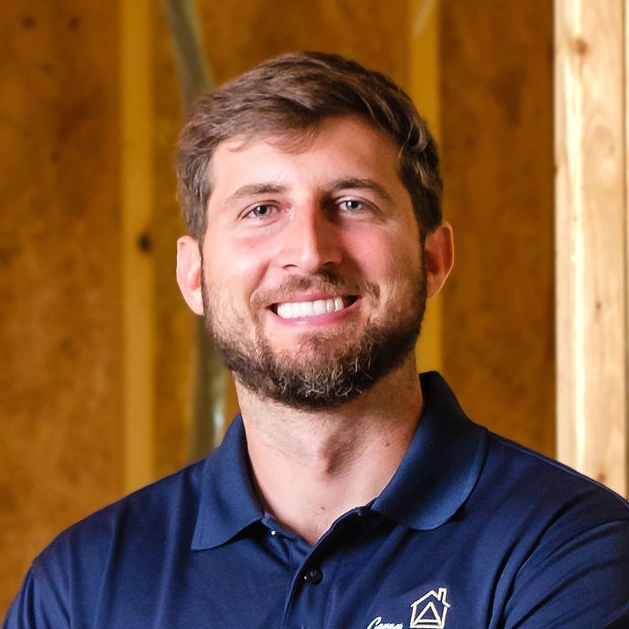Finding Property for your Custom Home
When I started building custom homes, I used to keep a running list of nice properties available for a reasonable price. This wasn't hard to do because properties didn't move quickly; there was plenty of subdivision inventory left over from the 2008 real estate crash, and realtors would actively drop off listings to me and give me pitches on great lots they had available that my clients would be interested in. Whether my clients were looking to be close to Gainesville, in Alachua, near High Springs Community School, close to the river, or trying to take advantage of Columbia County and Gilchrist County property taxes, it was very easy to let my clients know about a handful of properties that fit exactly what they were looking for. In 2023, this is no longer the case. All the subdivision inventory that was leftover from the 2000s was bought up in the late 2010s, and if there were any of those lots left, they certainly were bought up during the 2020-2021 boom. While in the mid 2010s it seemed like there was a surplus of attractive vacant lots, which led to great prices for buyers, by the early 2020s buildable vacant land turned into a scarcity, and certainly a seller's market.
In 2023, the search for vacant land looks much different. Whether you are scouring zillow every day or have a realtor searching the MLS for you, finding high quality land to build your home on often involves a waiting period. When you find the property that you think may be perfect for your new home, there are a handful of things you'll want to consider before placing an offer, and certainly before closing on the lot.
1. Is the lot buildable? While it may seem like a new home can easily fit on the property, the city or county may not agree, based on their zoning restrictions. It is always a good idea to call the city or county that the property is located in and verify that they don't have any objections to a new building permit being pulled for the parcel you're purchasing. Typically, if you're buying in a new subdivision this isn't as much of a concern as it would be if you're buying more rural land, but this is always something good to verify.
2. Are there deed restrictions that would impact what you want to build? Most subdivisions will have minimum square footages, and will have restrictions on the style and type of house (and any accessory buildings) that you can build on the property. For many people this may not be a problem, but if you are wanting to put a detached garage, shop, or barn on the property, this could definitely impact your plan. It's a good idea to read through all of the deed restrictions to make sure there aren't any limitations placed on what you're wanting to achieve with the property.
3. Are there accessible utilities? The main thing to look for here is if there is power close by, especially if the property is rural land. If the property isn't on a main road, and there isn't power located on any of your property lines, you could be looking at utility easements needed (which aren't guaranteed), and thousands of dollars to get power to the property. In the city, generally you're on city water and sewer, so it's good to check with the city to see what the water/sewer connection fees are. In the country, and on acreage, generally you'll have to account for well and septic being added during construction. Well and septic are usually a little more costly than a city water/sewer connection, but in certain cities and in certain instances they can be right around the same cost.
4. What kind of site work will be required to build a home? If the lot is wooded, or if the site is especially hilly, the site work needed will add cost to the home that generally wouldn't be required. Also if the lot is especially 'wet', for example the La Crosse area north of Alachua is known for being wet, or if the lot is close to the Santa Fe River or close to Payne's Prairies, there could be extra costs that would need to be considered. And in many places in Alachua county, the Jonesville area especially, there are clayey soils that may need to be excavated and replaced before building a home on top of them. To verfiy soil conditions, it's always a good idea to get a soil engineer to test the site before purchasing the property, especially in certain high-risk areas.
All of these suggestions are things I typically help my clients with if they need it when they are considering purchasing a property. I definitely recommend my clients to reach out to me and have me look into some of the key points mentioned above to ensure that there shouldn't be any major surprises that were unknown before purchasing the lot. If you are reading this and in the land acquisition stage of building your custom home, don't hesitate to contact me.
In 2023, the search for vacant land looks much different. Whether you are scouring zillow every day or have a realtor searching the MLS for you, finding high quality land to build your home on often involves a waiting period. When you find the property that you think may be perfect for your new home, there are a handful of things you'll want to consider before placing an offer, and certainly before closing on the lot.
1. Is the lot buildable? While it may seem like a new home can easily fit on the property, the city or county may not agree, based on their zoning restrictions. It is always a good idea to call the city or county that the property is located in and verify that they don't have any objections to a new building permit being pulled for the parcel you're purchasing. Typically, if you're buying in a new subdivision this isn't as much of a concern as it would be if you're buying more rural land, but this is always something good to verify.
2. Are there deed restrictions that would impact what you want to build? Most subdivisions will have minimum square footages, and will have restrictions on the style and type of house (and any accessory buildings) that you can build on the property. For many people this may not be a problem, but if you are wanting to put a detached garage, shop, or barn on the property, this could definitely impact your plan. It's a good idea to read through all of the deed restrictions to make sure there aren't any limitations placed on what you're wanting to achieve with the property.
3. Are there accessible utilities? The main thing to look for here is if there is power close by, especially if the property is rural land. If the property isn't on a main road, and there isn't power located on any of your property lines, you could be looking at utility easements needed (which aren't guaranteed), and thousands of dollars to get power to the property. In the city, generally you're on city water and sewer, so it's good to check with the city to see what the water/sewer connection fees are. In the country, and on acreage, generally you'll have to account for well and septic being added during construction. Well and septic are usually a little more costly than a city water/sewer connection, but in certain cities and in certain instances they can be right around the same cost.
4. What kind of site work will be required to build a home? If the lot is wooded, or if the site is especially hilly, the site work needed will add cost to the home that generally wouldn't be required. Also if the lot is especially 'wet', for example the La Crosse area north of Alachua is known for being wet, or if the lot is close to the Santa Fe River or close to Payne's Prairies, there could be extra costs that would need to be considered. And in many places in Alachua county, the Jonesville area especially, there are clayey soils that may need to be excavated and replaced before building a home on top of them. To verfiy soil conditions, it's always a good idea to get a soil engineer to test the site before purchasing the property, especially in certain high-risk areas.
All of these suggestions are things I typically help my clients with if they need it when they are considering purchasing a property. I definitely recommend my clients to reach out to me and have me look into some of the key points mentioned above to ensure that there shouldn't be any major surprises that were unknown before purchasing the lot. If you are reading this and in the land acquisition stage of building your custom home, don't hesitate to contact me.
Let's talk about your dreams
Whether you’re ready to break ground or just beginning to explore options, we’d love to help answer any questions you may have
Message Us (352) 327-4409


